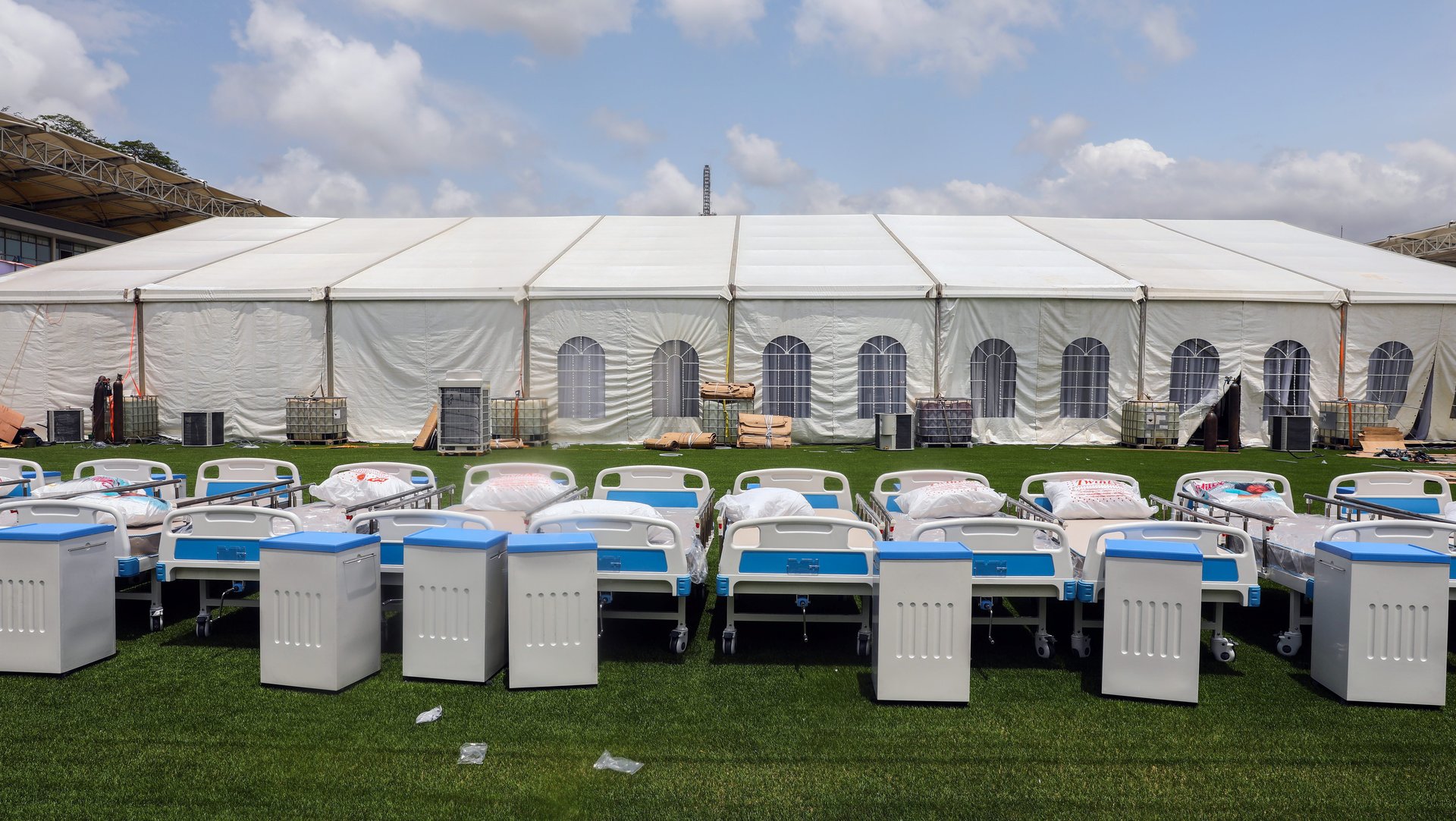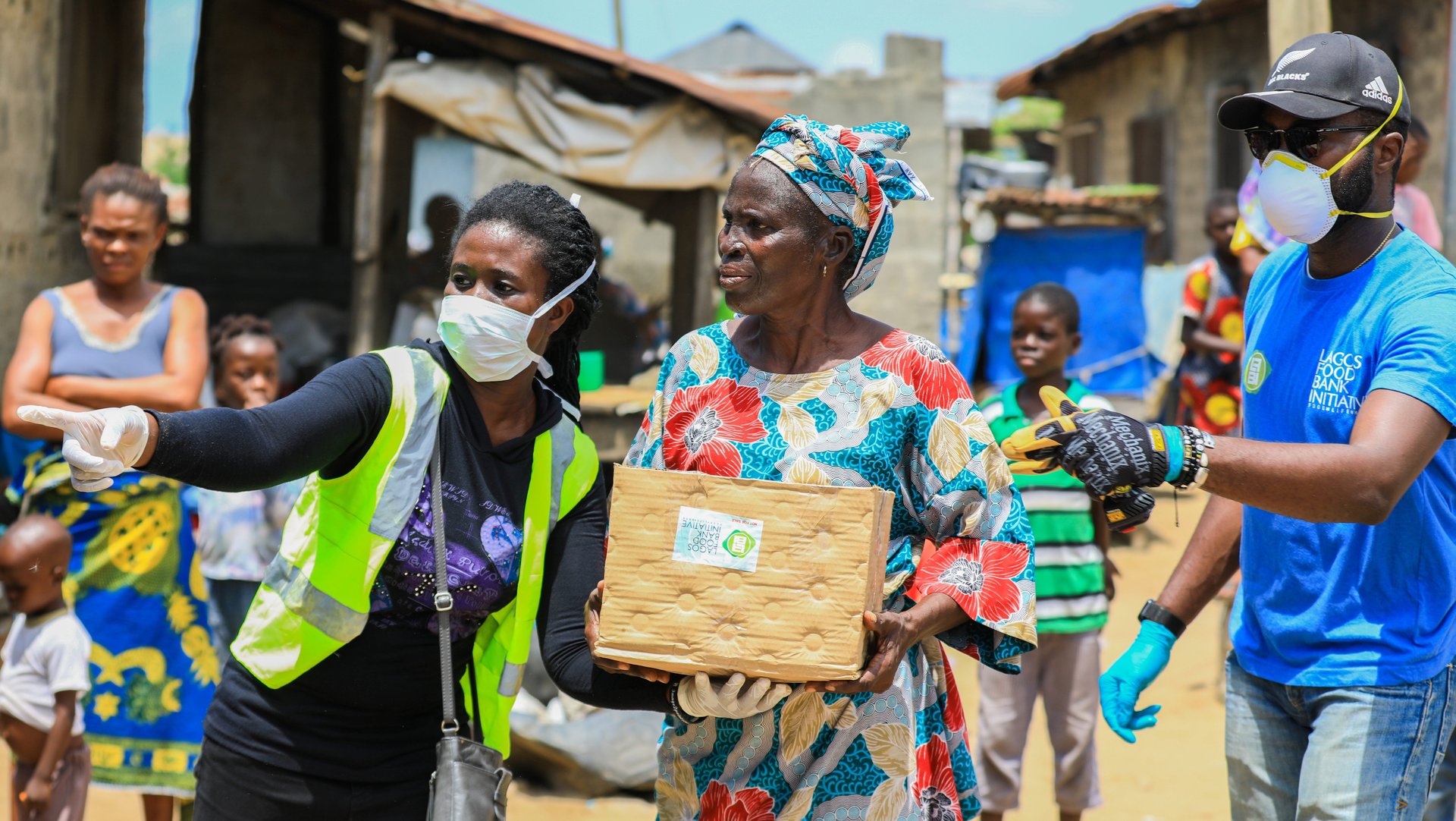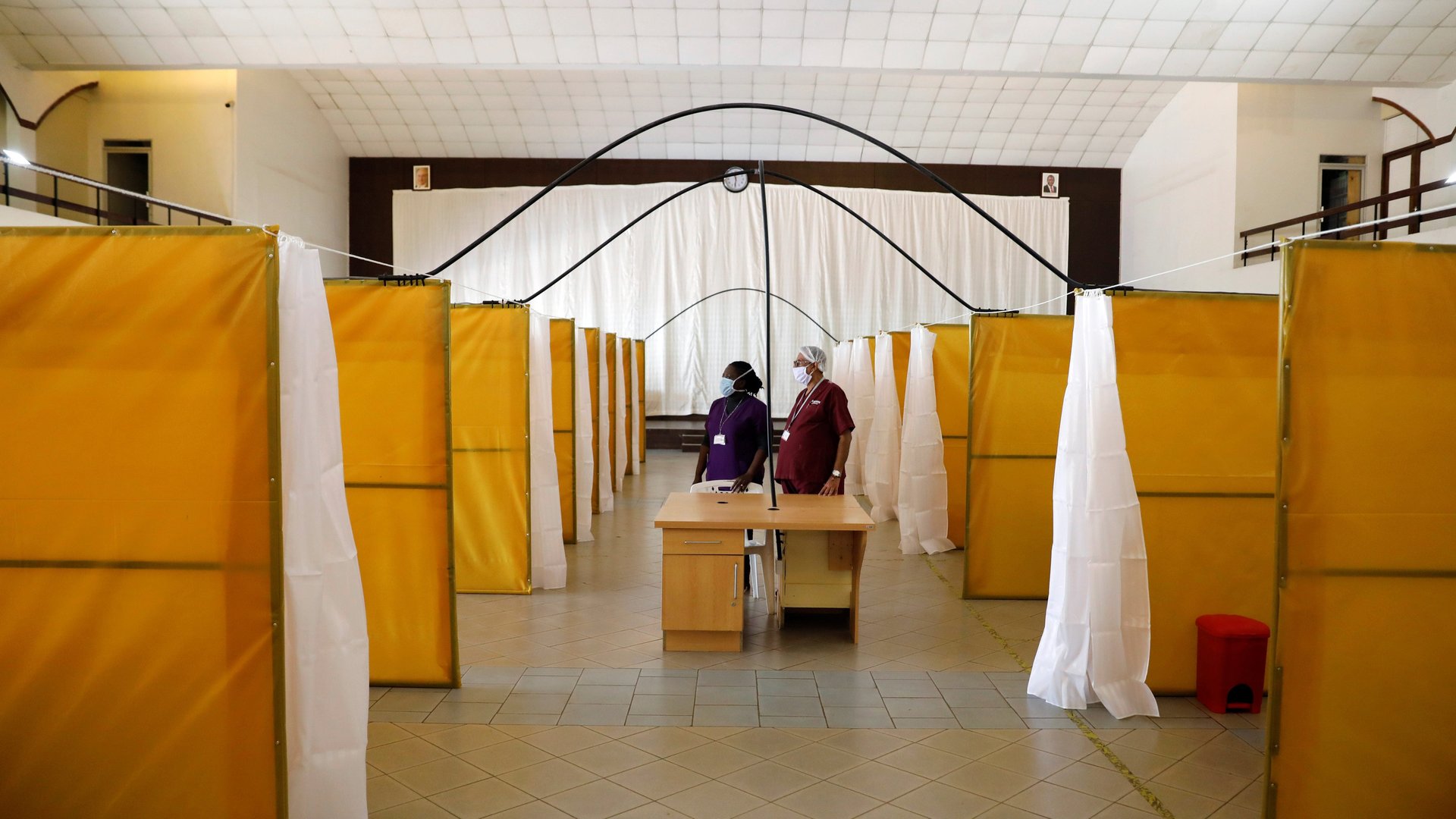This is the best time to plan for urban Africa’s next health emergency
Health, it turns out, is everybody’s business. The Covid-19 pandemic has made this clear, laying bare the gaping cracks in our societal systems that have driven the emergence and unprecedented transmission of a novel coronavirus; and highlighting the need for a more health-aligned societal reset.


Health, it turns out, is everybody’s business. The Covid-19 pandemic has made this clear, laying bare the gaping cracks in our societal systems that have driven the emergence and unprecedented transmission of a novel coronavirus; and highlighting the need for a more health-aligned societal reset.
An important step on the journey to reset is re-thinking and reframing our definition of an emergency response; and key to this is internalizing the preventable nature of (this and future) health emergencies. The conventional response to pandemics is to convene emergency response and preparedness teams. The response team deals with addressing the very real response required to the ongoing emergency, while the preparedness component seeks to strengthen capacities of communities to better weather emergencies and resist emerging hazards.
In addition to these necessary actions, I propose that the onset of an emergency should trigger an extraordinary convening of coordinated emergency foresight teams across sectors and geographical boundaries to develop and effect strategies and action plans for long term change to reduce vulnerability to, and the risk of future emergencies. Beyond the acute period, the aim would be to integrate foresight activities into core programming across sectors to proactively prevent future health emergencies.
The vast majority of news and opinion pieces on Africa and the pandemic have focused on the potential for devastation and the need for reactive responses that have ranged from protection to solidarity. But what is missing from these discussions, both in Africa and beyond is the urgent need for foresight to address the social, environmental and economic factors that have inadvertently colluded to contribute to the emergence of a pandemic and increase the risk of transmission and poor health outcomes. The lag in the manifestation of the pandemic in Africa offers an opportunity for Africa to take a lead on a proactive and seemingly paradoxical approach of emergency foresight.
Health foresight in Africa
Urbanization in Africa is characterized by built environments that are continuously in flux, adapting to unplanned growth. The inequitable access to the physical and social infrastructure that support health (e.g. waste and water infrastructure, healthy food and safe physical activity) contribute to increased vulnerability to disease. The sprawl of these rapidly growing cities is also pushing the boundaries of human settlements and contributing to re-emergence of infectious diseases as human and animal environments intersect in new ways.

The young demographic of the continent is often cited as a key strength that will drive the development of the continent. But the rise in non-communicable diseases, like high blood pressure and diabetes, at earlier ages, diseases that increase vulnerability to infectious diseases like Covid-19 threatens to undermine development gains.
Any of these factors, combined with the impact of climate change on natural disasters and biodiversity loss, contribute to increasing the risk of recurrent health emergencies in these urban centers.
The agility of the urban form across Africa and the diverse range of actors involved in urban development represents an opportunity to take a global lead on innovative approaches to future-proofing health in rapidly growing cities. But we will need a re-think of urban health governance with a focus on strengthening systems for health, an umbrella term for factors and systems that determine health.
Within this umbrella, the healthcare system, a necessary and vital component, is part of the broader systems of health that influence health such as urban development. But our understanding of the health impact of urban development is hampered by the siloed nature of policymaking and governance structures in public and private domains that results in a time and space disconnect between upstream determinants of health and the health outcomes they influence.
The practice of integrated foresight is not new. in the context of climate change, actions to consider environmental impact and development of green initiatives are not limited to sectors conventionally considered “environmental”.

In recognition of the disconnect between how we build cities and human and planetary welfare, key functions of a health foresight task force would include to
- collate the diverse approaches being applied in different sub-national, national, and regional contexts to investigate the systemic drivers of the ongoing emergency
- interrogate the role that different systems for health can play in averting a next health emergency
- develop evidence-based strategies to mainstream health foresight across sectors in the long term, to be implemented at organizational, city, national and regional levels
- develop/adapt standards, tools, guidelines, policies, and investment strategies for urban development to ensure performance indicators and incentives align with the goal of creating health of people and planet
- support the equitable implementation of these ‘systems of health’ governance structures through capacity strengthening and facilitation of sharing of experience
- retrospectively evaluate rapid foresight task forces in future emergencies to optimize their effectiveness
How to operationalize
In the African region, regional bodies like the African Academy of Sciences could lead the establishment of a regional emergency health foresight task force that would conduct a scoping exercise to map out potential collaborators and the perspectives and expertise that would be required. Examples of actors that would be important to engage in the initial convening include:
- Funders and investors in cities including public, private, and multilateral organizations that support urban infrastructure development
- Philanthropic organizations focused on advancing governance, health and development
- Professional societies and private sector industry organizations in architecture, urban planning and infrastructure development, building and engineering, who are implementing built environment standards
- Not-for profit organizations that focus on sustainability and health
- African union actors in transport, trade, finance, health sectors who play a regional role in visioning and development initiatives across these sectors
- Researchers to contribute to evidence synthesis , co-design and evaluation of strategies and action plans developed
Taking measures to addressing the underlying causes is as urgent today as dealing with the consequences of our failures in the tomorrows that follow. An emergency health foresight task force can play an important role in kickstarting this process in the midst of the crisis and in the promulgation of the health foresight approach across all of society thereafter, to ensure incentives and targets are aligned for healthy outcomes to avert the next global health emergency.
What we must decide in the development of new standards, tools, guidelines, policies, investments, for the economic reset and re-invigoration of civic life, is whether we prioritize health and sustainability across our (individual, household, community, national, regional) borders and (ideological, political) boundaries; cognizant that pandemics do not respect these artificial divides.
The responses across the world to the ongoing pandemic have demonstrated the possibility of disrupting current systems in ways previously considered unthinkable. However, our collective legacy will be determined by how we incorporate lessons learnt, not just in responding to emergencies, but also addressing the systemic drivers of preventable emergencies. Only then are we able to transcend “what is” to “what is possible”.
Sign up to the Quartz Africa Weekly Brief here for news and analysis on African business, tech and innovation in your inbox